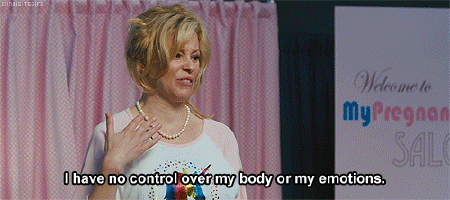In early 2015, Kristen Bell and Dax Shepard opened up to the media about the key to their happy marriage: couples therapy. Their advice? You shouldn’t wait until there are signs you need couple’s therapy. You should start from the beginning.
“You do better in the gym with a trainer; you don’t figure out how to cook without reading a recipe. Therapy is not something to be embarrassed about,” Bell said, according to US Weekly.
You don’t have to have the insight at the very beginning of your relationship to benefit from couple’s therapy. There’s never a bad time to learn better ways to communicate and deal with conflict.
As a Domestic Violence Victim Advocate and Planned Parenthood Certified Responsible Sexuality Educator, I’ve counseled couples who have run the gamut from mostly happy to inches from fleeing to different countries. Many of the problems they thought were insurmountable really weren’t. They just didn’t have the tools they needed to tackle their problems or the courage to be truly honest.
Here are some of the most common reasons couples sought out counseling, in case you’re on the fence. And if you are on the fence, there’s no rule that says you have to keep going back.
1. Your Or Your Partner Is Pregnant

There’s arguably nothing that will change your relationship more than having children. You need to share love and attention, live with no sleep, quadruple your responsibilities, and keep another living being alive. The fatigue alone is enough to make you less-than-pleasant, to say the least. Plus, you have to deal with changing bodies, a new budget… the list goes on. Having someone else to talk it out with can make your transition much smoother.
2. There’s A Lack Of Sex

If you’re having a lack of sex that’s more than the common occasional dry spell, you could be feeling disconnected from your partner. Talking to a therapist can help you reconnect, or explore other contributing problems, like lack of self-esteem, poor time-management, or boredom. And if your low sex drive is medical, your therapist can help point you to the medical resources you need.
3. For That One Lingering Problem

All couples have problems and disagreements, and sometimes they have to agree to disagree. Some problems, however, aren’t as simple as being willing to look the other way. If one of you wants children and the other doesn’t, for example, you may need help navigating that issue. If you can’t agree on anything, your therapist can teach you how to compromise and make sure you’re making decisions fairly.

